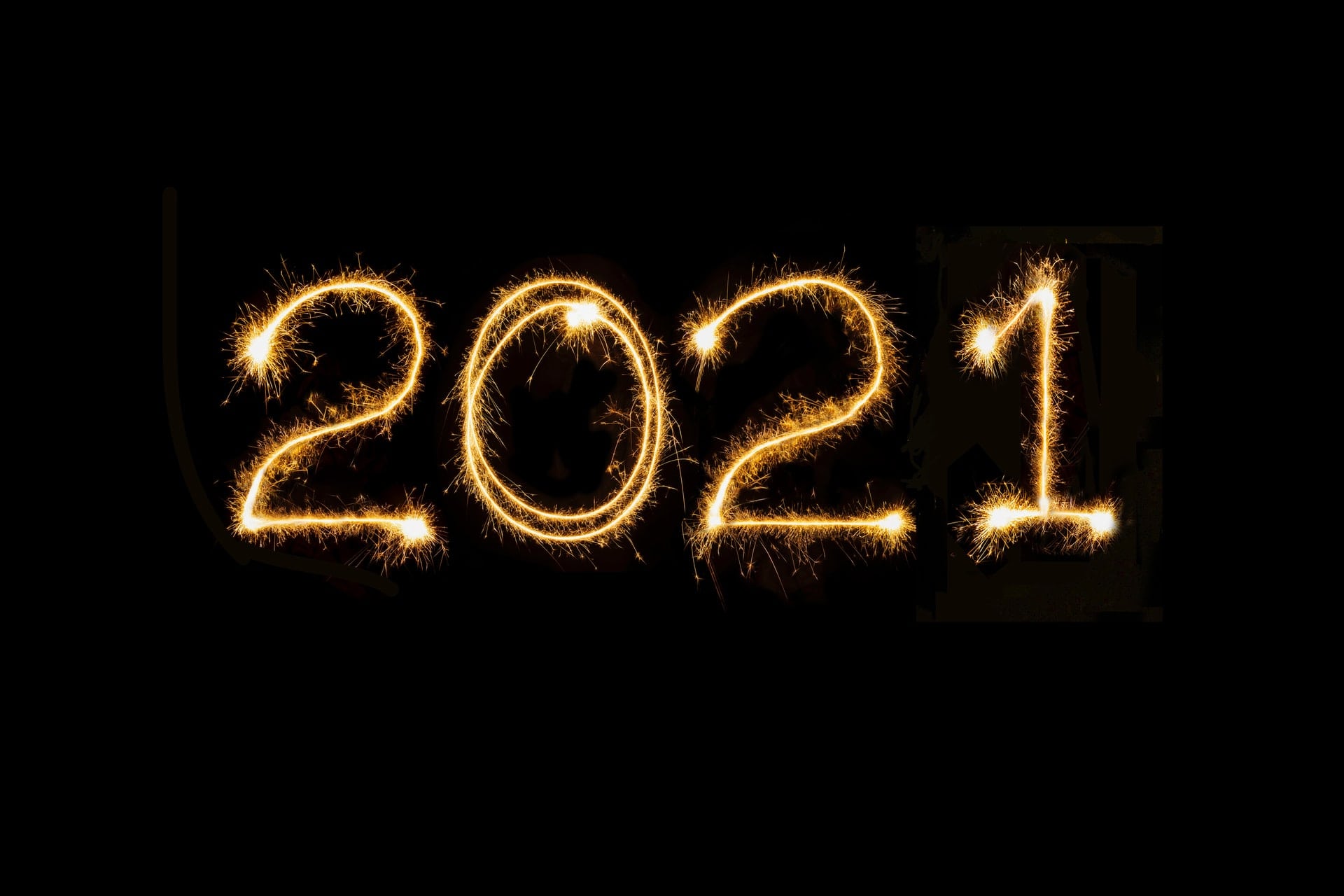- HOME
- Management
- 5 trends that will influence the events industry in 2021
5 trends that will influence the events industry in 2021
- Last Updated : August 18, 2023
- 6.1K Views
- 5 Min Read

2020 has altered the way we look at events. Notable changes are the shift to virtual and hybrid events and increased safety measures at in-person events. While COVID-19 could be called the trigger, there have been many more global movements at play—some that have been building momentum over many years—and their impact is just as big as the novel coronavirus. Inclusion, diversity, and climate change have all left a large imprint on the general human psyche, developments that have impacted all industries, including ours.
In this post, we talk about the top event trends that’ll influence the industry in 2021 and how they’ll shape events of the future.
The future will be hybrid
If 2020 was the year of virtual events, 2021 will be the year of hybrid events. The last quarter of 2020 saw a marked rise in the number of hybrid events, and their adoption will only increase in the coming months. People are blogging, writing books, making videos, and even hosting events to talk about how incredibly awesome hybrid events are. The event tech industry has also caught on to this trend. Almost every event management software tool out there has either already made their platform suitable for hybrid events or is working along those lines.
That’s why there’s not a sliver of doubt that the events of 2021 will be hybrid in nature. Even most events that start out originally as onsite events will surely include an online component if only to increase their reach. And from there onwards, it’ll be a period of experimentation as everyone finds their sweet spot—one that gives online and onsite attendees just the right experience. By the end of 2021, we’re pretty sure most everyone will have attended at least one hybrid experience.
Subscribe to The Green Room
Sign up here and get all the most relevant MICE industry content delivered right to your inbox once a month.
By submitting this form, you agree to the processing of personal data according to our Privacy policy.
Sustainability is here to stay
Sustainable event planning has gathered a lot of support in recent years. It’s been found that most attendees—but particularly millennials—are more supportive of green events. From reusable cutlery to eco-friendly swag and sustainable event venues, event organizers are doing everything they can to ensure their events are environment-friendly.
This year, we believe the boundaries of sustainability will be pushed further to include both social sustainability and corporate social responsibility. These initiatives will focus on saving the environment while also nurturing local communities. People are becoming more conscious of how their events affect the people they touch, and corporations are shouldering more responsibility. A recent report by Aflac states 77 percent of consumers prefer working with brands that are socially responsible. And it looks like most corporations are in complete agreement. Looking at all this, we can say quite definitely that social responsibility will play a key role in the events of 2021.
Inclusion has never been more important
For some time now, event organizers have embraced the spirit of inclusion at events. Speaker rosters, event teams, and even the food served at events are more inclusive, respecting the diversity of their audience. In a 2019 survey by MPI, 56 percent of respondents said their organization has a written diversity and inclusion policy. 2020 saw a lot of inclusive event experiences even in the virtual world—from more inclusive event activities to introvert-friendly networking options and digital accessibility, most all aspects were covered.
We believe this trend will only continue to grow stronger in the future. But it’s not just that. There will also be more events on diversity, equity, and inclusion, which has become a topic that needs immediate attention. These events can also help event organizers looking to host more inclusive experiences get a better, more in-depth idea of what inclusion and diversity really mean.
Wellness is becoming commonplace
COVID-19 didn’t bring the world to halt, but it definitely slowed down our pace of living. People who spent around two to three hours on a daily commute were now shut in their houses. There were no parties or outings, meetings became virtual, and shopping was done online. All this free time combined with the stress of a rapidly evolving future led to a rather predictable consequence—an increased focus on wellness. People were suddenly into fitness, mindfulness, meditation, yoga, self-development—anything to improve the quality of their life.
As expected, this trend also found a place in the events space. First, it was short wellness breaks to avoid virtual fatigue at online events. Then wellness-themed activities were given a separate place on the event agenda. Corporations started hosting “wellness” events to help employees relax. Then the world caught on. Dreamforce, the annual customer event by Salesforce, saw the team partnering with mindfulness organizations to create activities that allowed for a more relaxing event experience for attendees.
When live events make a comeback in 2021, you will surely see this trend becoming stronger. There will be healthier food options, brain breaks, mental wellness activities, and even a yoga or fitness session or two. It wouldn’t be surprising if organizations set aside an entire event day for wellness activities. After all, they do have endless options.
Micro-experiences will rule 2021
Another result of the novel coronavirus is smaller in-person gatherings. With so many restrictions on large gatherings and mass vaccination still several months away, small, socially-distanced, in-person gatherings are the only safe option for some time to come. This year, in-person events will focus more on creating genuine connections than large-scale marketing.
These small gatherings will touch on what matters most to an attendee, ensuring maximum impact in a short time. Some verticals that’ll see more micro-experiences are the luxury and leisure industries. Events on cruise ships, wellness and team-building retreats for corporations, and nature tours are just some of the micro-experiences people gravitate towards.
In 2021, COVID-19 and everything else will continue to reshape and redefine the events industry. For the most part, it’ll be a period of trial and error, and we’ll have plenty of tough decisions to make. But we also believe it’ll be a year of immense possibilities, and we hope this post gave you some insight into what to make note of when planning your event strategy in 2021.
If, like us, you're more of a social person, let's connect on Twitter (@ZohoBackstage) and we'll keep you up-to-date with all the latest event news.
 Nisha
NishaMarketing and content at Zoho Backstage. Cultural misfit. Armchair traveler. Productivity geek. Sometimes, I write poetry. Sometimes, it rhymes.








